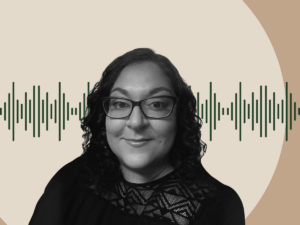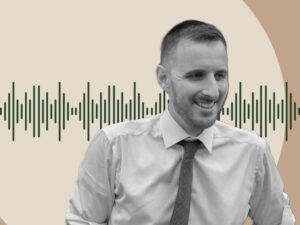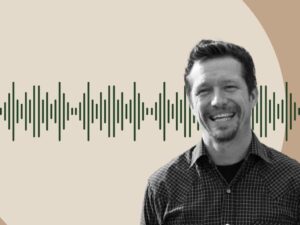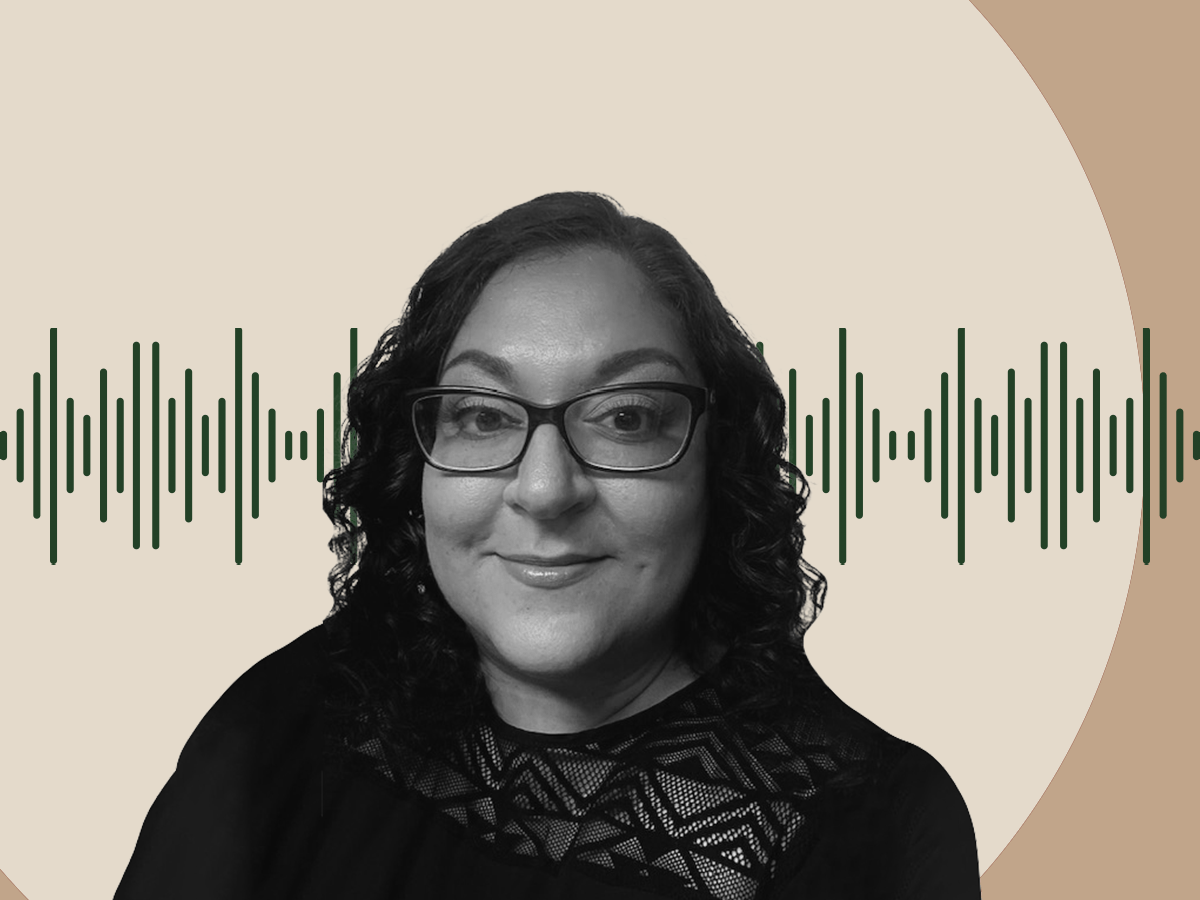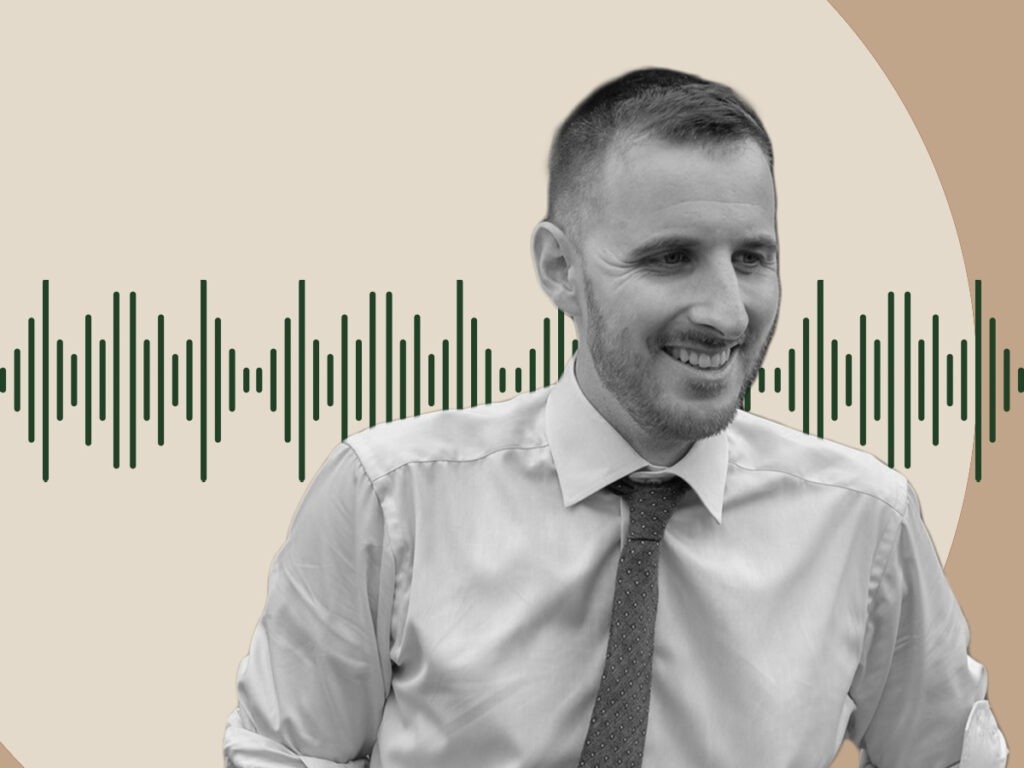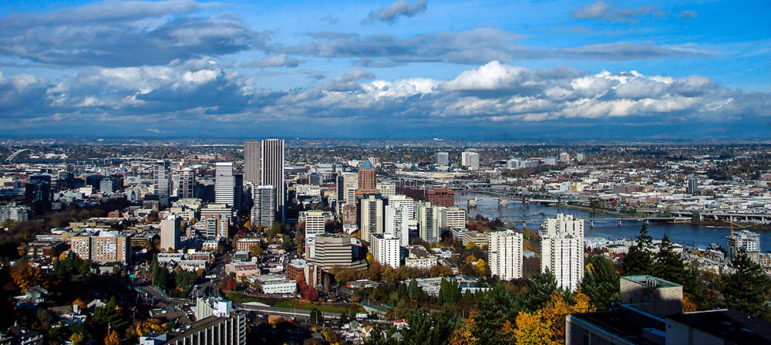
November 10, 2016; Portland Tribune
Sixty-one percent of the voters in Portland, Oregon approved a $258.4 million bond issue to build housing for households earning below median-family income. The bond is the largest measure of its kind ever on the city ballot. Portland metro area rental unit vacancy rates have been among the lowest in the nation and many residents have been faced with rapidly rising rents and unexpected evictions.
The campaign to support the measure was backed by a broad coalition of more than 80 groups including business advocates, homeless advocates, real estate developers, and social justice groups.
Voters in Vancouver, Washington, just across the river from Portland, also approved a property tax levy that would fund affordable housing. That levy will raise about $42 million a year over a seven-year period.
The Portland measure signals a radical change in how the city deals with affordable housing for residents. It’s the first time the city has asked voters for a discrete property tax to pay for housing. In addition to building new units, the bond will also be used to buy existing units and convert and preserve them as affordable housing.
Sign up for our free newsletters
Subscribe to NPQ's newsletters to have our top stories delivered directly to your inbox.
By signing up, you agree to our privacy policy and terms of use, and to receive messages from NPQ and our partners.
The state constitution requires that the city own all the projects financed with bond money and it can’t share costs with other businesses or nonprofits. As a result, taxpayers will have to pay for all of the costs of the new units. It’s estimated that about 950 units will be built at an average cost of about $200,000 including administrative costs; another 350 will be acquired from existing private sector stock and preserved as affordable housing. About half the units will be family-sized, including a mix of two and three bedroom units. Once the units are built, the city is expected to contract with nonprofit groups to manage them.
During the campaign, some critics said there was too little in the way of results for the amount of money to be spent. For example, the city of Denver expects to pay for 6,000 units with a recent $150 million tax measure. Supporters countered that the state constitution requiring city ownership precludes leveraging private investments or certain types of tax credits. As a result, costs per unit will be higher when compared with projects in other states. “It’s (the bond) not a perfect vehicle, but it will make a difference,” said Nick Fish, a Portland city commissioner.
Homeless advocates, like Israel Bayer, the executive director of Street Roots, described the bond as a way to house more than 58,000 people over the life of the housing units. “Homelessness isn’t normal,” he said in a TEDxPortland talk he delivered on the history of homelessness. “Homelessness was largely nonexistent in America from the 1940s up until the 1970s. The federal government prioritized housing as a part of the basic infrastructure of our society,” Bayer said. When governments began to dismantle affordable housing efforts, homelessness in America began to accelerate, according to Bayer.
Of the 1,300 units, 600 will be designated for individuals and families earning below 30 percent of the local median income, which is $22,000 for a family of four or $15,400 for a single person. The balance will be for individuals and families earning 60% or less of the median family income—$43,980 for a family of four or $30,800 for an individual.
Campaigning hard on increasing rents and home costs, first-time candidate Chloe Eudaly also won an upset victory over incumbent Portland city commissioner Steve Novick. She is a small business owner and a single mother with a son with disabilities, and her campaign focused on income inequality issues.— Kevin Johnson



